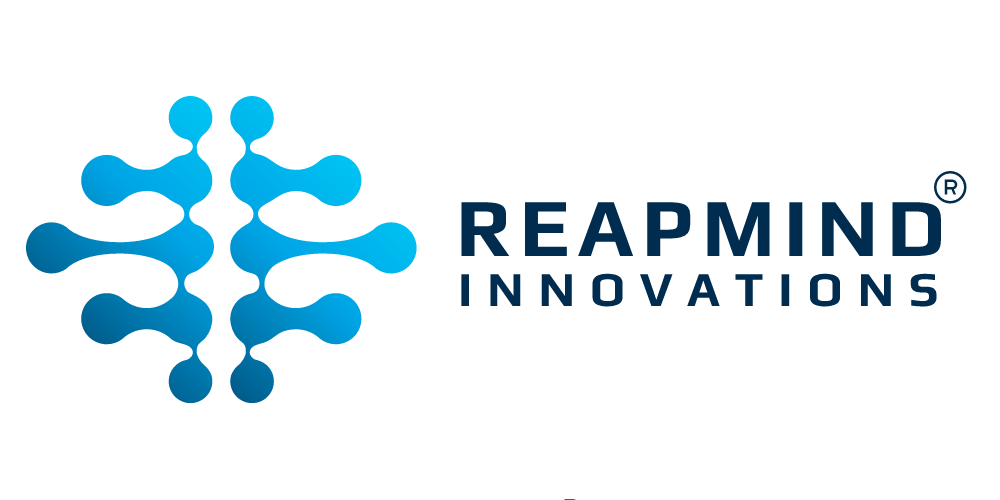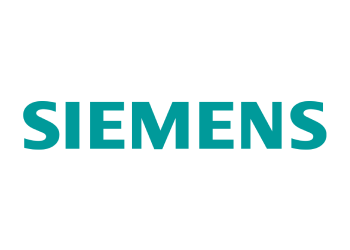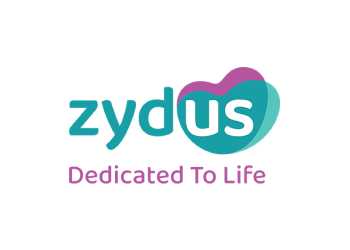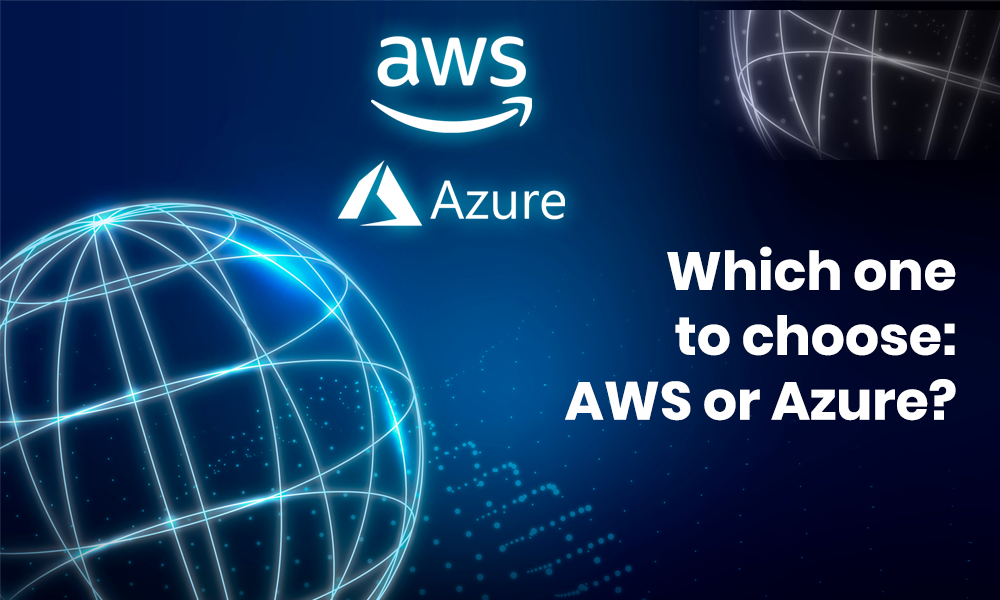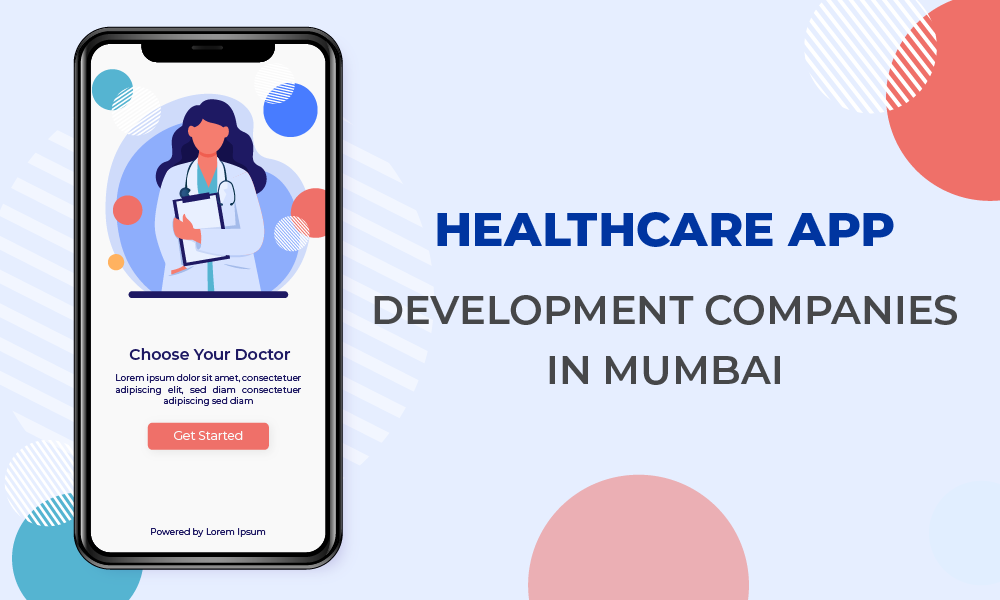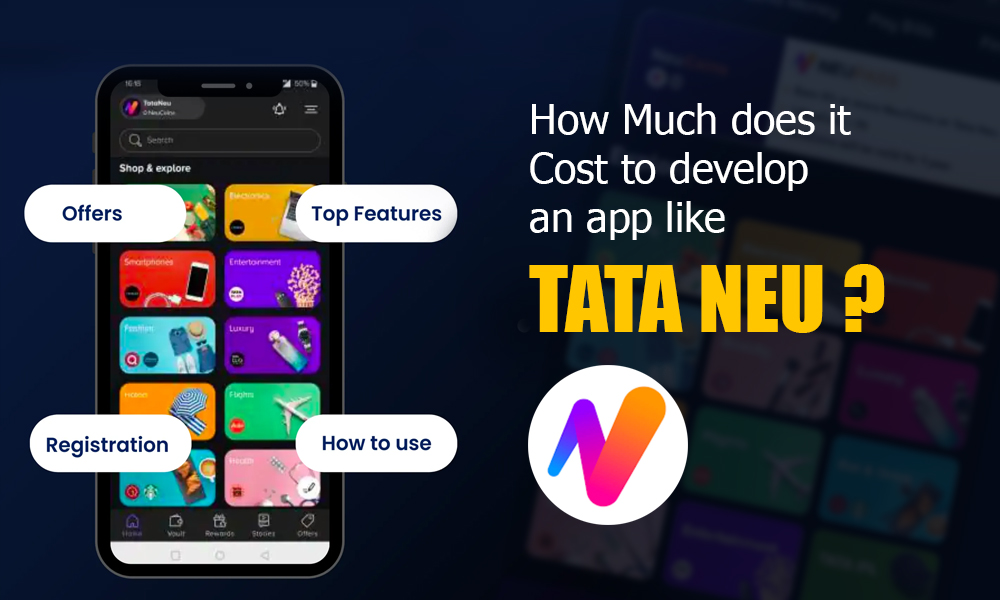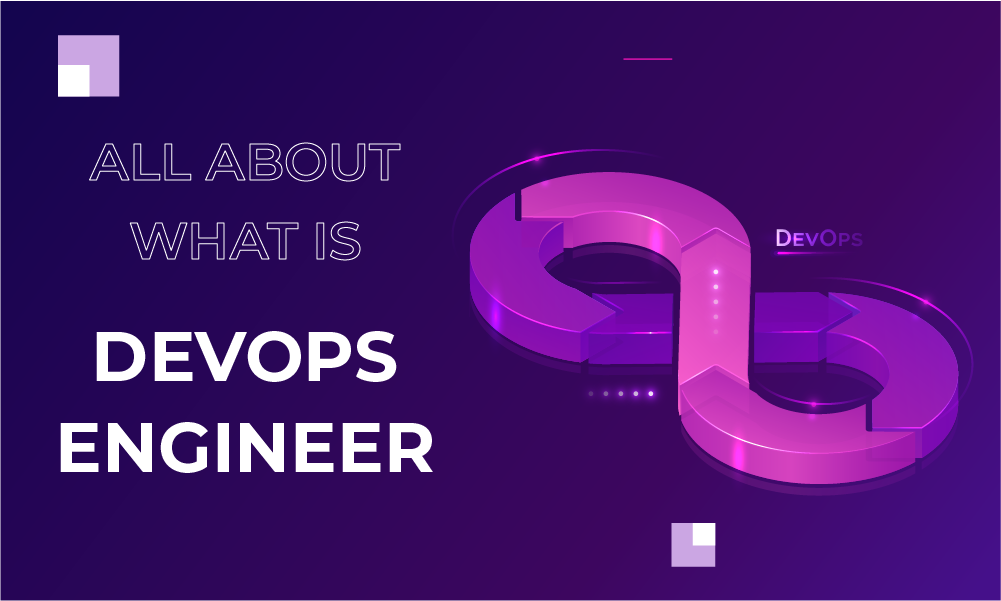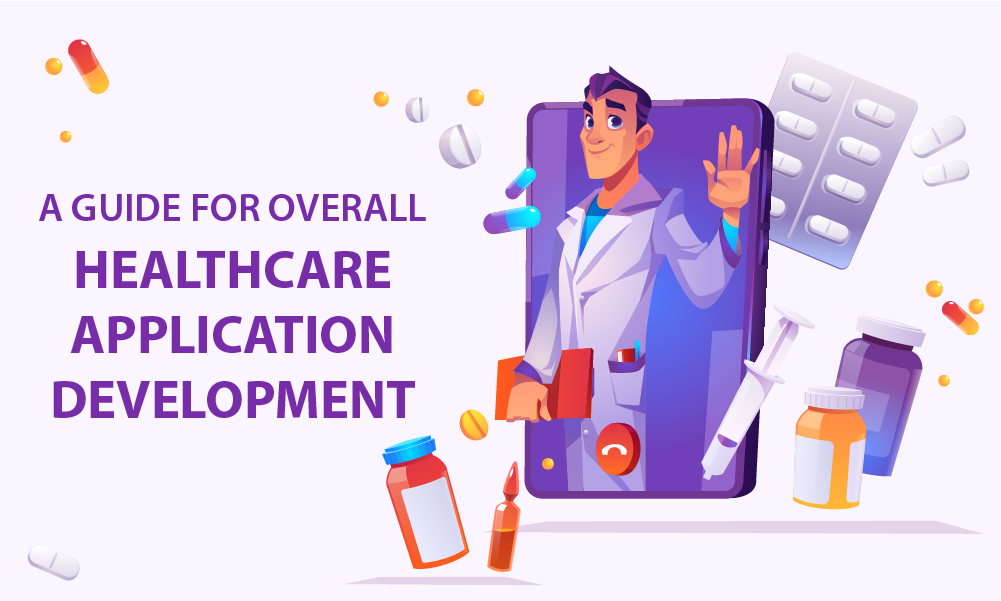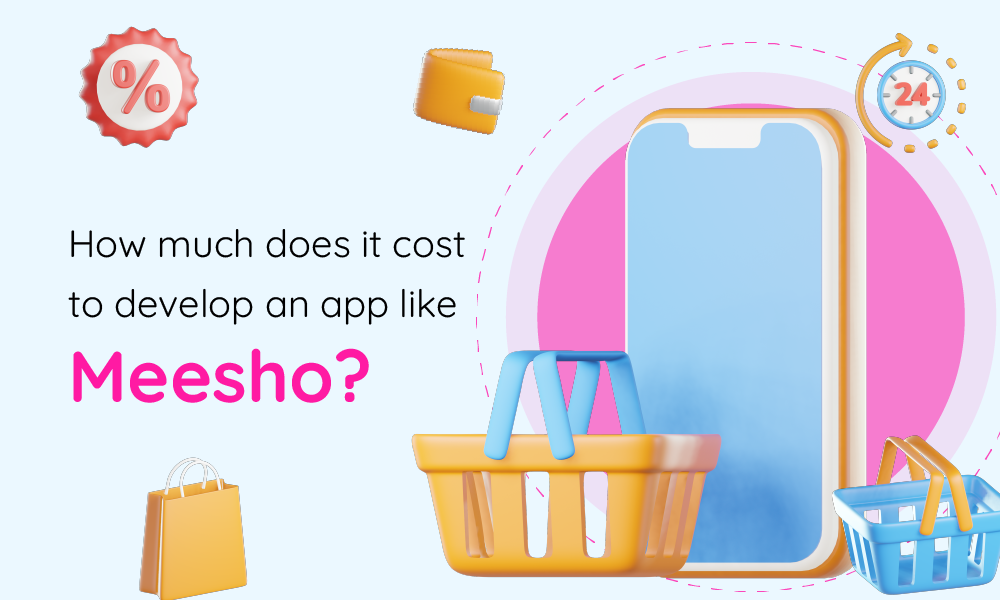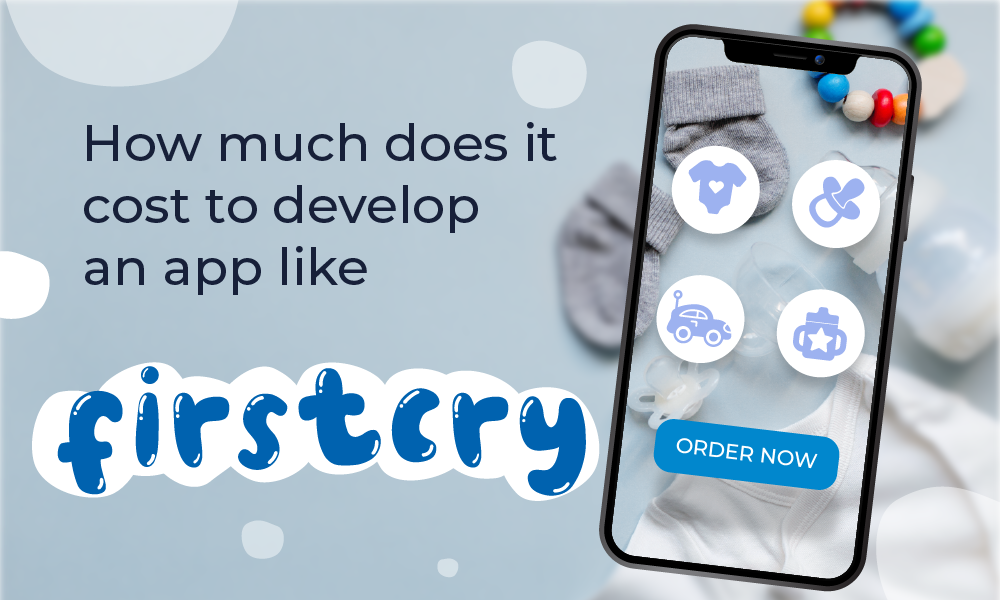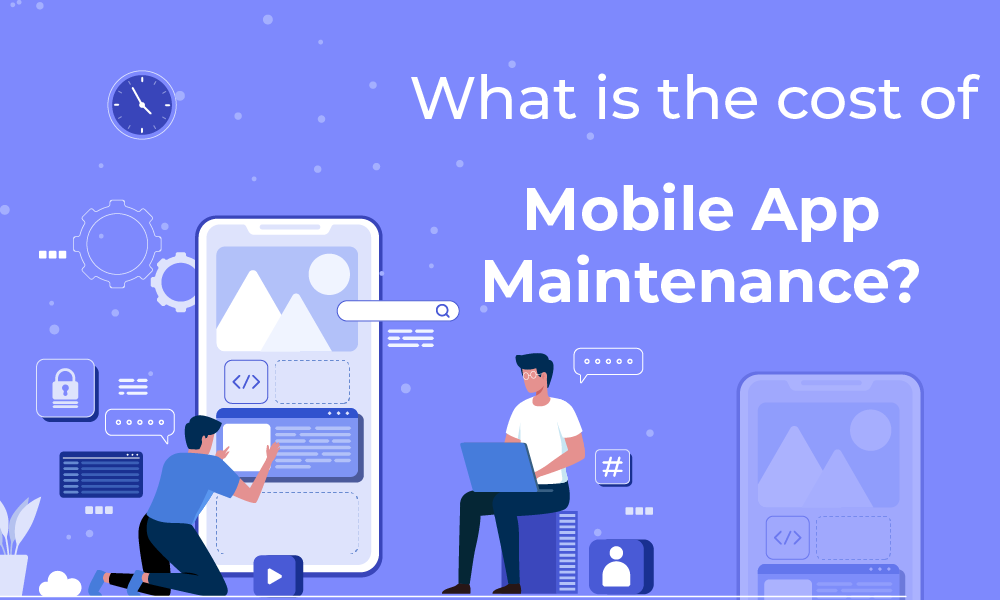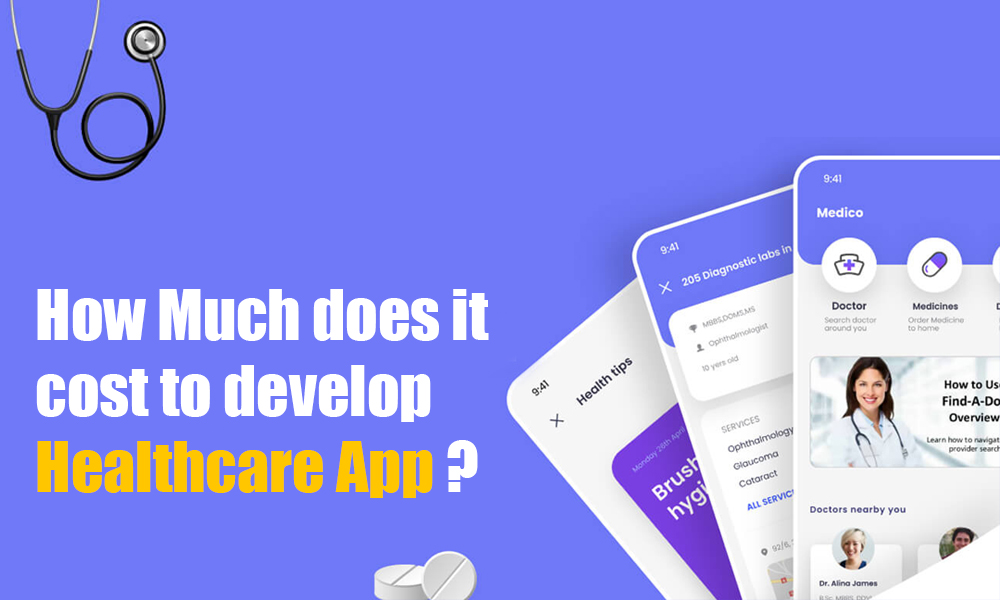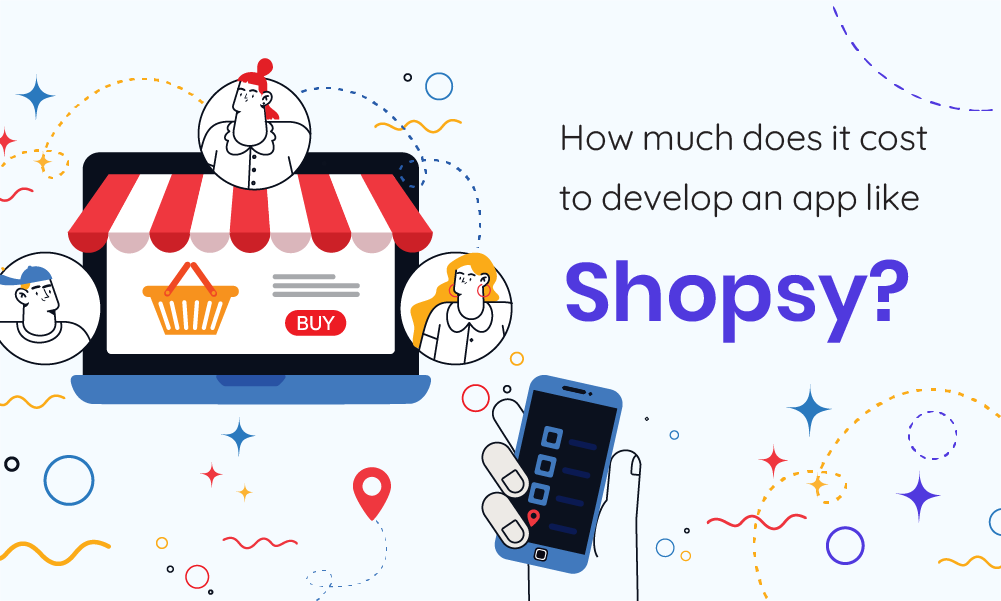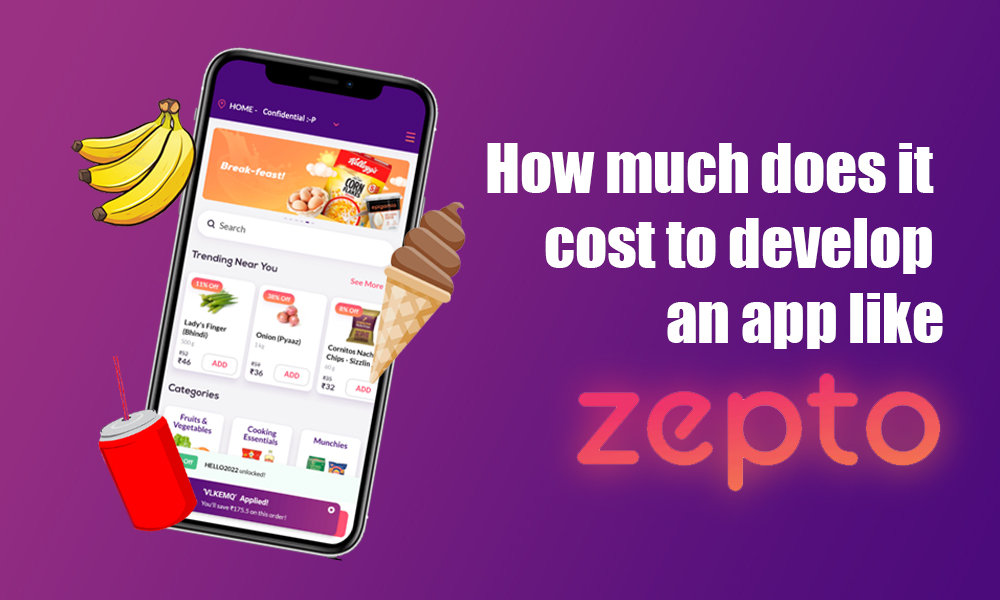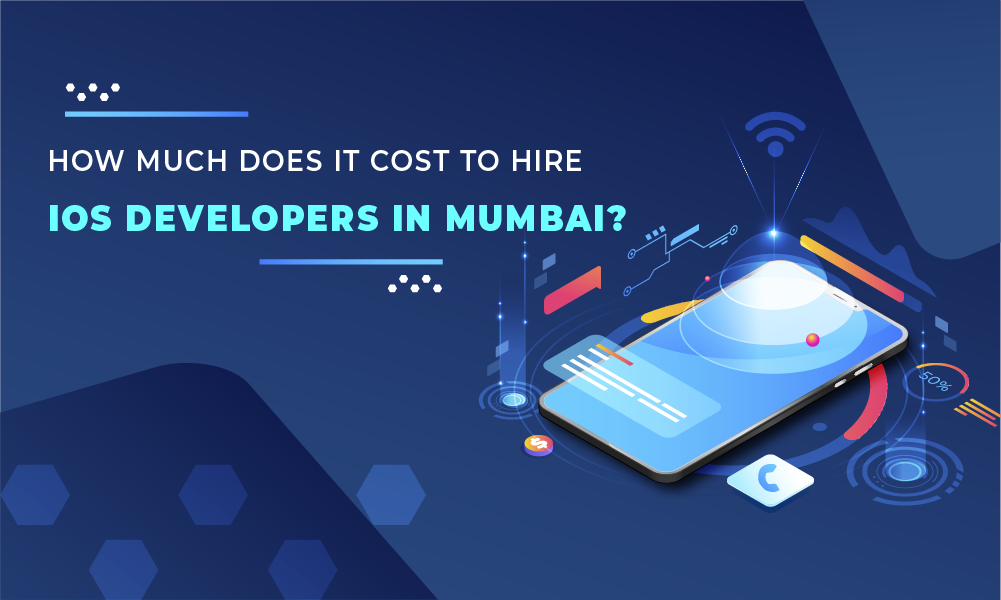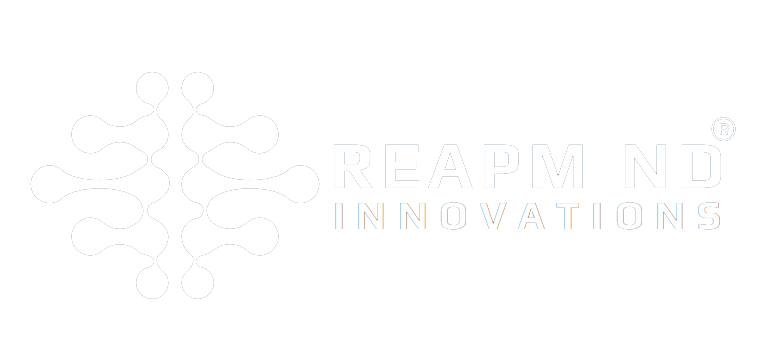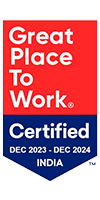Introduction to Pharmacy Management Software Development:
The world of pharmaceuticals continues to evolve at an unprecedented pace, and the demand for efficient and innovative pharmacy management solutions has never been greater.
According to a recent report from Statista, the global market for pharmacy software is expected to reach an impressive $13.5 billion by 2026. Technological advancements like cloud computing, artificial intelligence, and data analytics are fueling the increasing demand for pharmacy management solutions.
These technologies are enhancing the sophistication and integration of pharmacy management software with other healthcare systems. As a result, numerous companies are entering the market, offering pharmacy management software solutions. Among these companies, ReapMind stands out as a leading provider of pharmacy management software development services, with a proven track record of delivering innovative and effective solutions that meet the unique needs of pharmacies worldwide.
In this blog, we will delve into the intricacies of developing pharmacy management software, essential functionalities, and factors that influence development costs.
What Can Pharmacy Management Software Manage for Businesses?
Table of Contents
TogglePharmacies are facing a multitude of challenges that can hinder their ability to provide optimal patient care and achieve sustainable growth. Manual processes, data silos, and regulatory complexities often lead to inefficiencies, errors, and non-compliance, compromising patient safety and profitability. According to a recent study by the Indian Pharmaceutical Association, medication errors are estimated to cost the Indian healthcare system over ₹1,000 crore annually. Pharmacy management software emerges as a transformative solution, empowering pharmacies to tackle these real-time problems head-on.
The top 5 challenges faced by pharmacies are:
- Inventory management challenges
- Prescription Errors and Inefficiencies
- Financial Management Difficulties
- Lack of data-driven insights
- Regulatory compliance challenges
How can pharmacy management software help?
Pharmacy management software addresses these challenges head-on, providing pharmacies with a comprehensive suite of tools to streamline operations, enhance patient care, and achieve sustainable growth.
The pharmacy management software offers:
- Automated Inventory Management: Precisely monitors stock levels, oversees expiration dates, and generates purchase orders. This optimizes inventory levels, preventing stockouts efficiently.
- Streamlined Prescription Processing: Automation of prescription entry, refills, and patient notifications minimizes errors, expedites dispensing, and boosts overall patient satisfaction.
- Robust Financial Management Tools: Equipped with extensive financial management features, including expense tracking, revenue analysis, and profit reporting, they enable well-informed financial decision-making.
- Data-driven insights and Analytics: Generates real-time insights into sales trends, inventory levels, and prescription patterns, empowering strategic decision-making.
- Enhanced Regulatory Compliance: Integration of compliance features, such as audit trails, prescription verification, and robust data security measures, ensures strict adherence to regulatory standards.
Key Features of Pharmacy Management Software:
Pharmacy management software acts as a centralized hub, automating tasks, providing real-time insights, and ensuring compliance with regulatory standards. Let’s delve into the essential features that make pharmacy management software an indispensable tool for pharmacies of all sizes.
| Key Features | Benefits |
| Inventory Management | Accurately track stock levels and automate reorder points to ensure adequate medication availability. |
| Prescription Tracking | Streamline prescription processing, minimize errors, and provide real-time patient notifications for refills and pick-ups. |
| Point-of-Sale (POS) System | Facilitate quick and accurate transactions, manage customer payments, and generate detailed sales reports. |
| Reporting and Analytics | Gain insights into sales trends, inventory levels, and prescription patterns to make data-driven decisions. |
| Drug Interaction Alerts | Identify potential drug interactions in real-time to ensure patient safety. |
| EHR Integration | Exchange patient information, medication histories, and prescription details with EHRs for seamless patient care. |
| Mobile app integration | Enhance patient convenience and engagement by providing access to prescription details, refill requests, and medication reminders on their smartphones. |
| CRM (Customer Relationship Management) | Track patient interactions, preferences, and purchase history to personalize marketing campaigns and foster stronger customer relationships. |
| Financial Management | Provide comprehensive financial management tools to track expenses, analyze revenue, and generate profit reports for informed decision-making. |
| Regulatory Compliance | Ensure adherence to regulatory standards by incorporating features like audit trails, prescription verification, and data security measures. |
Development Process of Pharmacy Management Software:
The process of pharmacy management software development is an intricate one that requires careful planning, skilled execution, and continuous refinement. To ensure a successful journey from ideation to implementation, it’s essential to break down the process into manageable steps, simplifying technical aspects.
Let’s delve into the simplified steps that transform an idea into a functional reality.
1. Requirements Gathering and Analysis: The first step involves understanding the unique needs and requirements of the pharmacy. This includes identifying essential features, user roles, workflow considerations, and integration with existing systems.
2. System Architecture Design: With a clear understanding of the requirements, designers design the software’s overall structure, defining components, data flow, and communication protocols.
3. Development Phase: Skilled developers translate the design into functional code, utilizing various programming languages, frameworks, and databases. This involves writing, testing, and refining the code to meet the specified requirements.
4. Testing and Quality Assurance: Rigorous testing is crucial to ensure the software’s functionality, performance, security, and compliance with industry standards. Automated and manual testing methods are employed to identify and rectify any defects.
5. Deployment and Implementation: The software is deployed in the pharmacy’s environment, ensuring seamless integration with existing systems. Training and support are provided to pharmacy staff to ensure smooth adoption and usage.
6. Ongoing Maintenance and Updates: Software maintenance is an ongoing process to address any bugs, adapt to changing requirements, and incorporate new features. Regular updates ensure the software remains optimized and aligned with evolving industry trends.
How Much Does it Cost to Develop a Pharmacy Management Software?
Pharmacy management software development can seem challenging, especially when considering the associated costs. Choosing the right software is a big decision for pharmacies seeking to streamline operations, enhance patient care, and achieve sustainable growth. The cost of developing pharmacy management software depends on several factors, but understanding the key factors that affect the cost can help pharmacies plan their budget wisely.
It’s crucial to consider the following factors to understand the cost of developing pharmacy management software:
- Feature Set: The cost of developing pharmacy management software depends on the features needed. Basic software like inventory management and prescription processing can cost between $20,000 to $50,000. More advanced systems, with features like drug interaction alerts and mobile app integration, may exceed $100,000.
- Development Team Size: Larger teams, with specialized skills, range from $50,000 to $200,000, providing a more comprehensive solution. Smaller teams, costing $20,000 to $50,000, may have limitations but offer more affordable rates.
- Technology Stack: Open-source technologies are budget-friendly, while proprietary solutions may require $10,000 to $50,000 for licensing or support.
- Customization: Costs depend on how much the pharmacy management software needs to be customized. Basic customization for specific pharmacy needs is $20,000 to $50,000, while extensive customization can reach $50,000 to $100,000.
- Maintenance and Support: Ongoing support, covering updates and bug fixes, typically costs $5,000 to $15,000 per year and is crucial for keeping the software optimized and compliant with regulations.
The cost of developing pharmacy management software changes depending on different factors. Consulting with experienced firms like ReapMind helps understand costs, plan projects, and get transparent pricing. Their expertise guides features and offers cost estimates.
How ReapMind Can Assist You in Developing the Best Pharmacy Management Software:
In the fast-paced world of healthcare, pharmacies must have top-notch software to run smoothly, take good care of patients, and grow steadily. That’s where ReapMind comes in! As a trusted software development service, ReapMind has a whole bunch of pharmacy management solutions that fit perfectly for all kinds of pharmacies, making sure they work just right.
Here are some top reasons why you should opt for ReapMind:
- Our team of experts possesses in-depth knowledge of the pharmaceutical industry, regulatory landscape, and compliance standards.
- We craft tailored software solutions that seamlessly integrate with your existing systems and align with your specific pharmacy needs.
- We offer a comprehensive range of features, from inventory management and prescription processing to patient profiling, reporting, and data analytics.
- We prioritize data security, ensuring the protection of sensitive patient information and compliance with stringent regulatory standards.
- We provide dedicated ongoing support to ensure your software remains up-to-date, optimized, and aligned with evolving industry trends.
Contact ReapMind today and begin your journey toward a more efficient, patient-centric, and successful pharmacy.
Conclusion:
And it’s a wrap!
Pharmacy management software development can be a complex and pricey endeavor. However, the benefits of streamlining operations, enhancing patient care, and improving overall efficiency make it a worthwhile investment for many pharmacies.
ReapMind, the leading provider of pharmacy management software solutions, offers a comprehensive suite of features to meet the needs of pharmacies of all sizes. Our team of experienced developers creates a tangible and custom solution tailored to your specific requirements.
Contact ReapMind today to learn more about how we can help you develop the pharmacy management software of your dreams.
FAQs:
1. Can ReapMind’s software boost patient engagement?
Ans: Yes! ReapMind’s software boosts patient engagement with features like medication reminders and personalized interactions, improving healthcare experiences.
2. What’s the timeline for developing software with ReapMind?
Ans: Timelines vary based on needs, but ReapMind ensures a well-designed, fully functional solution in a reasonable timeframe through careful development and testing.
3. What ongoing support does ReapMind provide for the software?
Ans: ReapMind offers continuous support, including updates and bug fixes, ensuring optimal performance. Staying updated with industry changes is part of our commitment.
4. Why choose ReapMind for software development?
Ans: ReapMind excels at crafting efficient pharmacy management software, and streamlining operations for top-notch performance.
5. What standout features does ReapMind offer in software development?
Ans: ReapMind ensures comprehensive functionality, covering prescription management, inventory tracking, billing, and patient information management, meeting industry standards.
